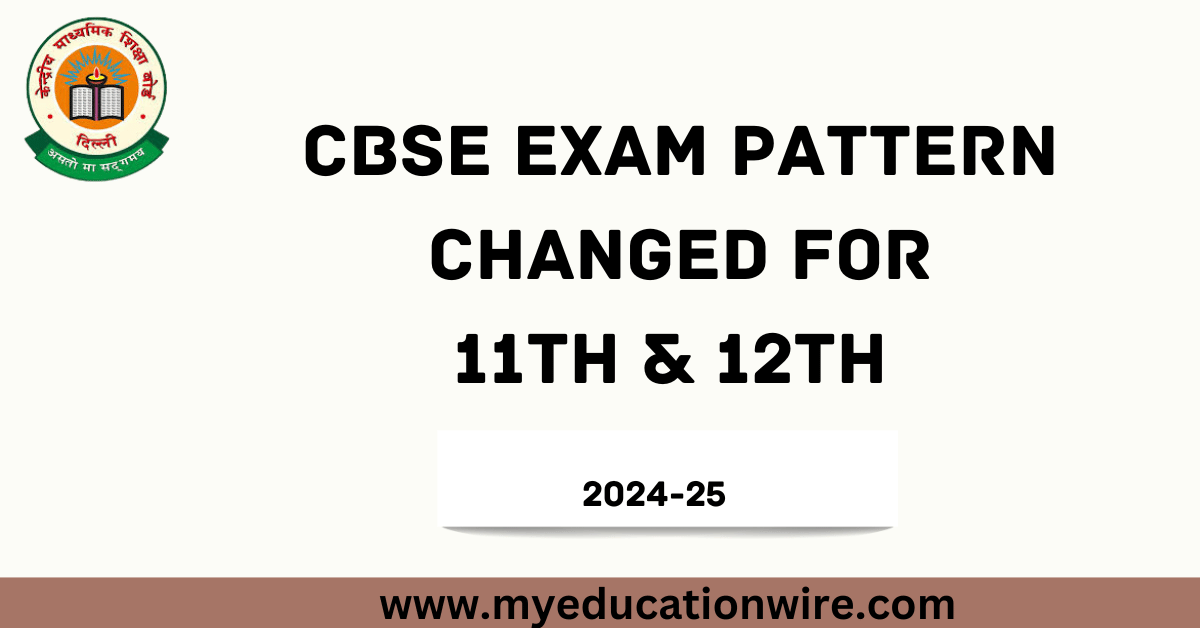CBSE syllabus modification for 11 and 12 classes. The CBSE from this year is trying to bring changes in the old syllabus. The first and foremost is decline in the importance of the final board exam results from 100 to 80 percent. The rest 20 percent will contain assessments, practical exams, and project work that compose the remaining 20 per cent.
The percentage of competency-based questions in the form of MCQs, case-based and source-based questions has significantly increased from 40 to 50 per cent while the percentage of constructed response questions that include both short and long answers has been reduced from 40 to 30 per cent.
As you aware the Central Board of Secondary Education (CBSE) plays a pivotal role in shaping the educational landscape in India, particularly in Class XI and XII. With the dynamic nature of education and the evolving needs of students, there is a growing demand for syllabus modifications in these critical years of schooling. We will analyze the challenges in implementing these changes, and strategies to overcome these challenges effectively.
One of the key reasons for the modification of syllabus in CBSE Class XI and XII is the introduction of new educational trends and methodologies. As the world becomes increasingly interconnected and technology-driven, there is a need to adapt the curriculum to reflect these changes. By incorporating project-based learning, students can develop critical thinking, problem-solving, and collaboration skills essential for the modern workforce. Emphasizing skill-based education not only enhances students’ employability but also equips them with practical knowledge that goes beyond traditional rote learning. For example, subjects like computer science and vocational courses are being included to cater to the demand for specialized skills in the job market.
Despite the benefits of syllabus modifications, there are several challenges in implementing these changes in CBSE Class XI and XII. One major obstacle is the resistance from traditional educationists and stakeholders who may be apprehensive about moving away from the established curriculum. There are concerns about the dilution of academic rigor, with fears that altering the syllabus may compromise the quality of education provided to students. Additionally, there is a fear of deviating from the standardized curriculum, which could impact students’ performance in competitive exams. However, it is essential to strike a balance between tradition and innovation to ensure that students receive a well-rounded education.
To address the challenges faced in modifying the syllabus for CBSE Class XI and XII, certain strategies can be implemented. Conducting consultations with educational experts and stakeholders can provide valuable insights and perspectives on the proposed changes. Gathering feedback from teachers, students, and parents can help in identifying potential issues and refining the modifications to suit the needs of all stakeholders. Open dialogue is crucial in addressing concerns and misconceptions about syllabus modifications, fostering a sense of collaboration and transparency in the decision-making process. By involving all parties in the discussion and decision-making, a consensus can be reached on the best way forward for implementing syllabus changes effectively.

